Becoming a Skilled Electrician: 10 Essential Skills You Need

Being an electrician is both exciting and rewarding, but success in the field requires mastering key skills. Whether you're starting out or looking to improve, these essential skills will help you excel.
1. Why Are Electrical Basics Like Voltage, Current, and Resistance So Important?
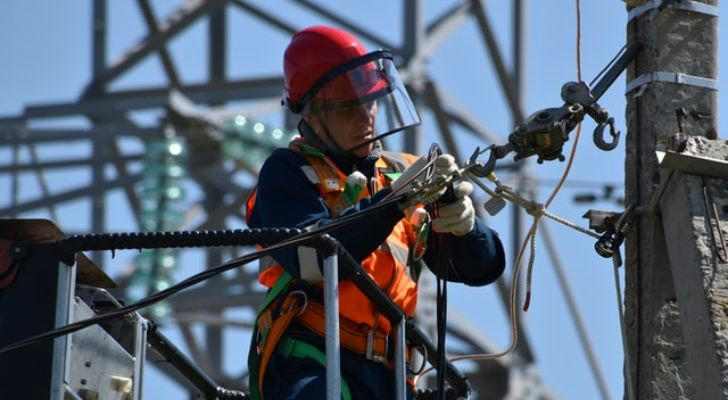
Understanding electrical basics is crucial. Without a firm grasp of voltage, current, and resistance, troubleshooting and installations become guesswork.
Solution: Take a basic electrical course, use online tutorials, and practice with simple circuit kits. For example, try building a basic light circuit at home—understanding how to manage these concepts is key to success.
2. How Do You Ensure Safety on the Job?
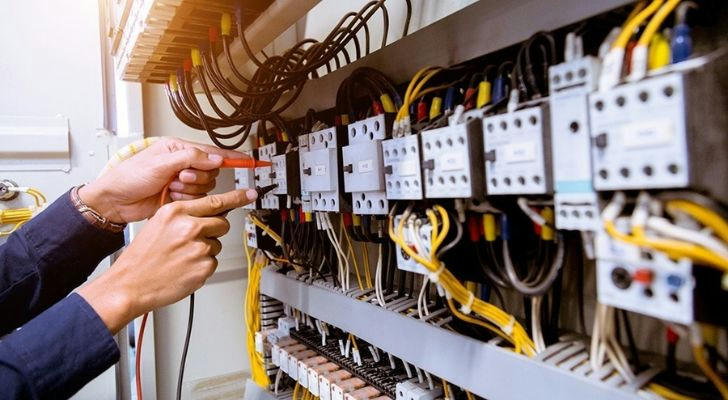
Safety is non-negotiable. Knowing the right precautions keeps you and others safe from harm.
Solution: Learn safety standards and always wear protective gear. For instance, while working on a breaker panel, using insulated gloves can prevent electrical shock.
3. What's the Best Way to Choose and Install Cables?
The wrong cable or poor installation can cause system failures. Proper cable selection and layout are essential for reliability.
Solution: Learn the basics of cable types and uses. On a recent job, I had to replace an undersized cable that was overheating—choosing the correct cable saved the client from a fire hazard.
4. How Do You Ensure Equipment Is Installed and Working Properly?
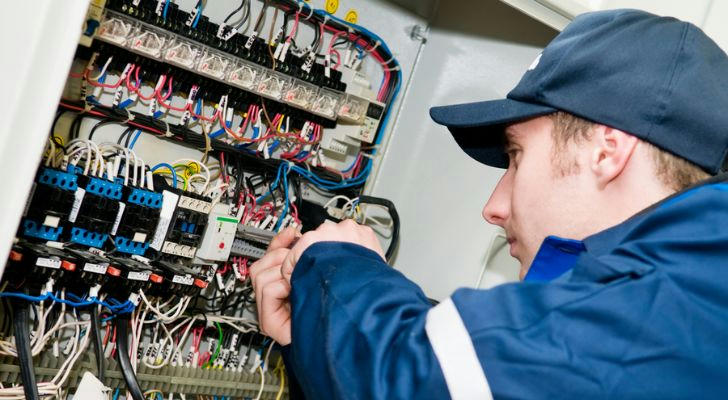
Incorrect installation leads to malfunctioning systems. Testing equipment after installation ensures everything works smoothly.
Solution: Follow manufacturer guidelines closely. For example, after installing a new circuit breaker, use a multimeter to test for proper voltage and continuity, ensuring the installation is successful.
5. What's the Fastest Way to Fix Electrical Problems?
Quick and accurate troubleshooting is a vital skill. The faster you resolve issues, the more reliable you are.
Solution: Learn to use testing tools and practice systematic troubleshooting. I once faced a problem where lights kept flickering; using a multimeter, I quickly traced the issue to a loose connection, saving time and preventing further damage.
6. Why Is a Good Electrical System Design Crucial?
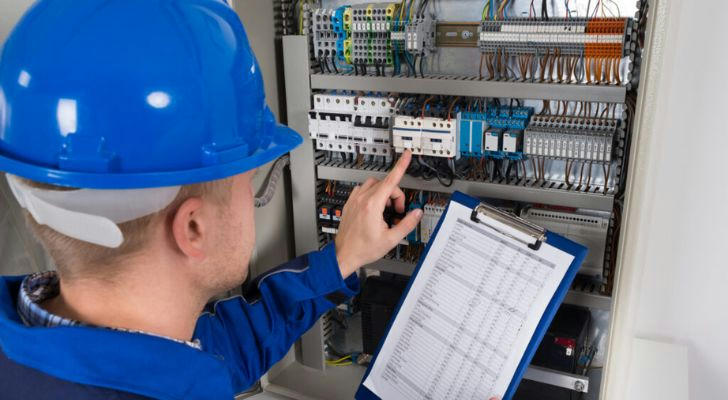
A well-designed system is safe, efficient, and long-lasting.
Solution: Study basic design principles and apply them in real scenarios. For example, in a recent renovation, I redesigned the electrical layout to accommodate additional appliances, ensuring both safety and efficiency.
7. Which Tools Are Must-Haves for Every Electrician?
Having the right tools and knowing how to use them boosts your productivity.
Solution: Get familiar with essential tools like wire strippers and multimeters. For instance, using a wire stripper properly can prevent damaging wires, which could lead to faults.
8. How Can You Improve Communication with Clients?
Clear communication builds trust and ensures the job meets client expectations.
Solution: Practice explaining complex ideas simply. On a recent job, I explained to a client why upgrading their old fuse box to a modern breaker panel was necessary—clear communication led to a satisfied customer.
9. Why Is Regular Maintenance Important?
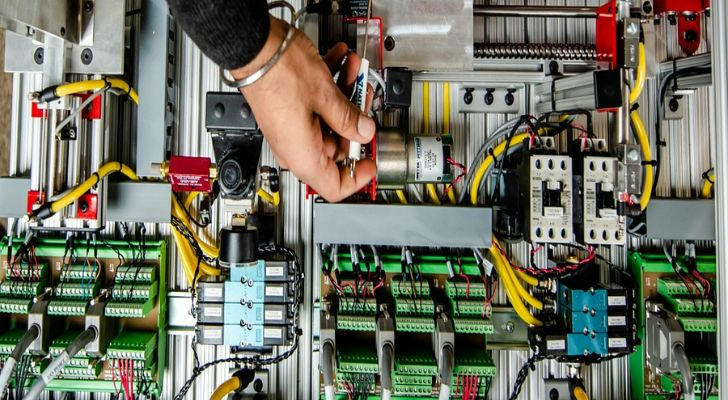
Regular maintenance prevents costly breakdowns and extends the life of electrical systems.
Solution: Set up a maintenance schedule. For example, a routine check of an HVAC system helped a client avoid a mid-summer breakdown, saving them discomfort and expensive repairs.
10. How Do You Stay Competitive in a Changing Field?
The electrical industry evolves rapidly. Staying current with trends and technology keeps you ahead.
Solution: Continuously learn through courses and industry news. For example, learning about smart home systems allowed me to offer clients modern solutions, increasing my value in the market.
Case Study
Consider a home renovation where you need to upgrade the electrical system. Start by designing a layout that supports new appliances, then select the appropriate cables and install them safely. After installation, test everything to ensure proper function. By explaining each step to the client and scheduling regular maintenance, you ensure a smooth project and a satisfied customer.
Conclusion
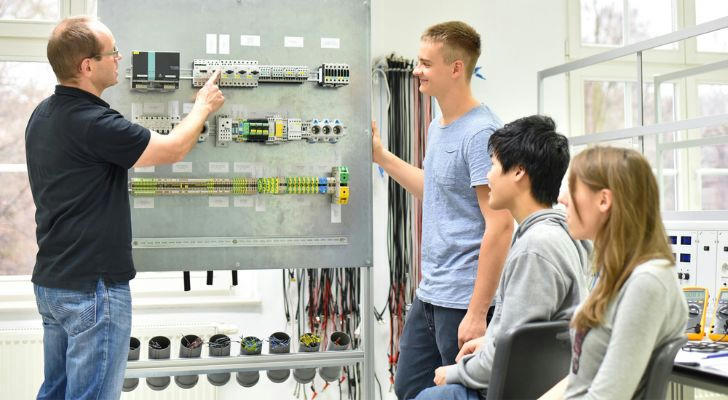
Mastering these skills is essential to becoming a successful electrician. By focusing on safety, communication, and continuous learning, you'll not only improve your technical abilities but also build trust and reliability with clients. Keep these skills sharp, and your career as an electrician will thrive.
